aespa Karina Instagram Controversy Sparks Debate Over Idol Expression and Political Neutrality
As South Korea’s presidential election season neared its peak, unexpected ripples emerged in the world of K-pop. aespa Karina found herself at the center of a heated debate after posting a photo on Instagram that many interpreted as a subtle political statement. In the image, Karina wore a red jacket emblazoned with the number 2 — coincidentally matching both the symbolic color and ballot number of Kim Moon-soo, the People Power Party candidate.
What followed was a swift online backlash. Critics filled the comment section with sharp questions: “Why post something that invites political misinterpretation?” “Why is an idol showing political support?” “Are you siding with the party of an impeached president?” The photo was deleted within two hours, and both Karina and SM Entertainment clarified that there was no political intent whatsoever.
Still, this did little to stop the public outcry. From one perspective, the backlash was an overreaction. The photo lacked any caption or statement, yet people rushed to assign meaning, driven by the hyper-sensitized atmosphere of election season. But from another angle, the misunderstanding may have been inevitable. The post coincided with a televised presidential debate just one week before the vote—an intensely scrutinized time for any public figure.
In South Korea, where K-pop idols occupy an almost civil-servant-like position in the public eye, neutrality isn’t just expected—it’s enforced. Celebrities, particularly idols, are held to an unwritten code of political silence. Every gesture, fashion choice, or emoji is examined for subliminal meaning. This trend began in earnest during the 2012 presidential election, the first major race after the smartphone boom, when celebrities began sharing “I voted” selfies. Even a V sign in front of a polling station was once deemed a possible election law violation for resembling a candidate’s number.
The aespa Karina incident highlights how social media, combined with political hypersensitivity, turns celebrity posts into Rorschach tests for public sentiment. And it raises another question: are idols truly free to express themselves?
Behind the scenes, entertainment agencies play a massive role in shaping—and censoring—idol behavior. Internal risk management systems have become standard, designed to preempt controversy before it arises. Ironically, public awareness of these systems leads to more suspicion. If a post seems politically charged, the assumption isn’t always that the idol made a mistake—but that the agency allowed it. “SM must have known how this would be received” and “There must’ve been a purpose” are common refrains.
Even though Karina’s Instagram is labeled as personal, it’s managed and monitored unlike any ordinary account. The controversy, then, may say more about systemic failures than personal judgment. Why wasn’t the risk flagged before posting? That question shifts the focus to SM Entertainment’s handling of its stars.
At the same time, it’s troubling that Karina’s own explanation was largely dismissed. Once someone clarifies their intent, shouldn’t that be respected? Political figures from the People Power Party went so far as to repost the photo, calling it a sign of “courage”—effectively co-opting her image for their agenda. This wasn’t support; it was exploitation.
Globally, the same conversation plays out in different ways. In the U.S., where freedom of speech is a core value, celebrities still face backlash for political statements. Taylor Swift, for example, has spoken openly in support of the Democratic Party in recent elections. While she has faced criticism, her political stance is accepted as part of her right to expression.
But in South Korea, the stakes are different. Celebrities are expected to remain apolitical, with major idols like Karina representing not only their brand but the financial weight of billion-won companies. This makes every word—and even every outfit—a potential liability. Fandoms often jump to defend their idols, reducing even potentially meaningful actions to “overinterpretation,” further stripping idols of agency.
The aespa Karina controversy is more than a misunderstanding—it’s a reflection of the systemic repression of free expression in Korean celebrity culture. The backlash Karina faced wasn’t just about a red jacket. It was about how society controls the boundaries of who gets to speak, when, and how.
Ultimately, the issue isn’t about whether Karina meant to send a political message. It’s about whether she should be punished for simply existing in a politically charged environment. A more open society would allow space for idols to express their views—even controversial ones—without fear of career-ending consequences. That’s what true democracy looks like. For more about aespa, check out the link below.

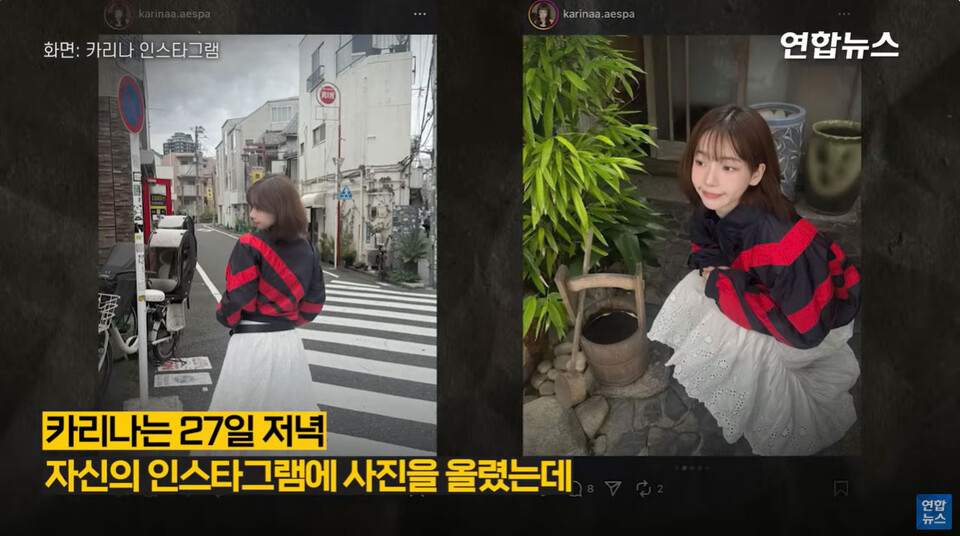

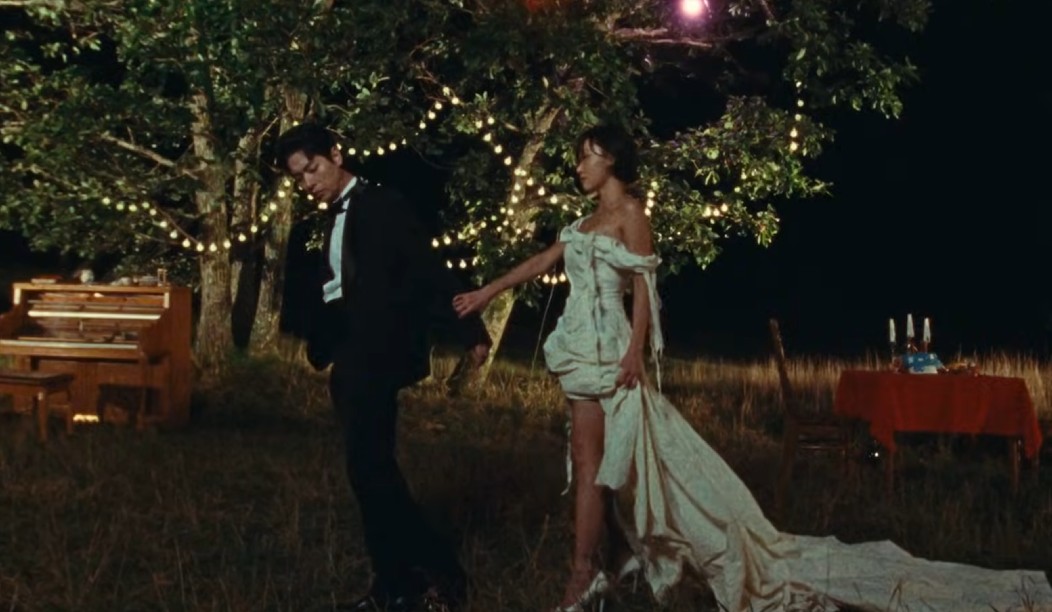
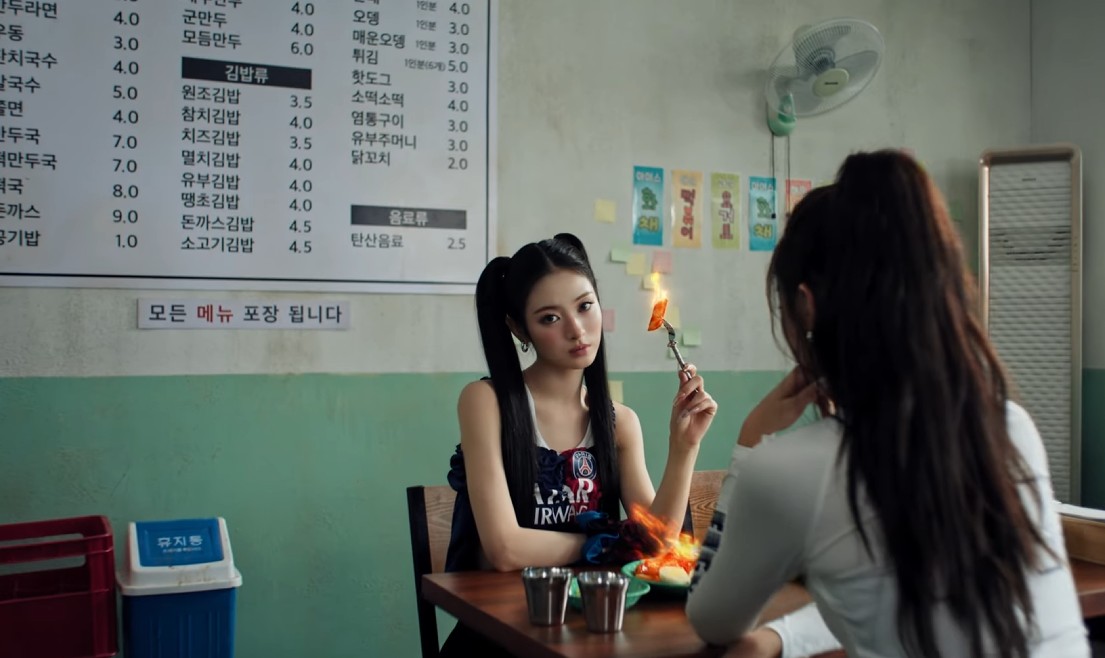
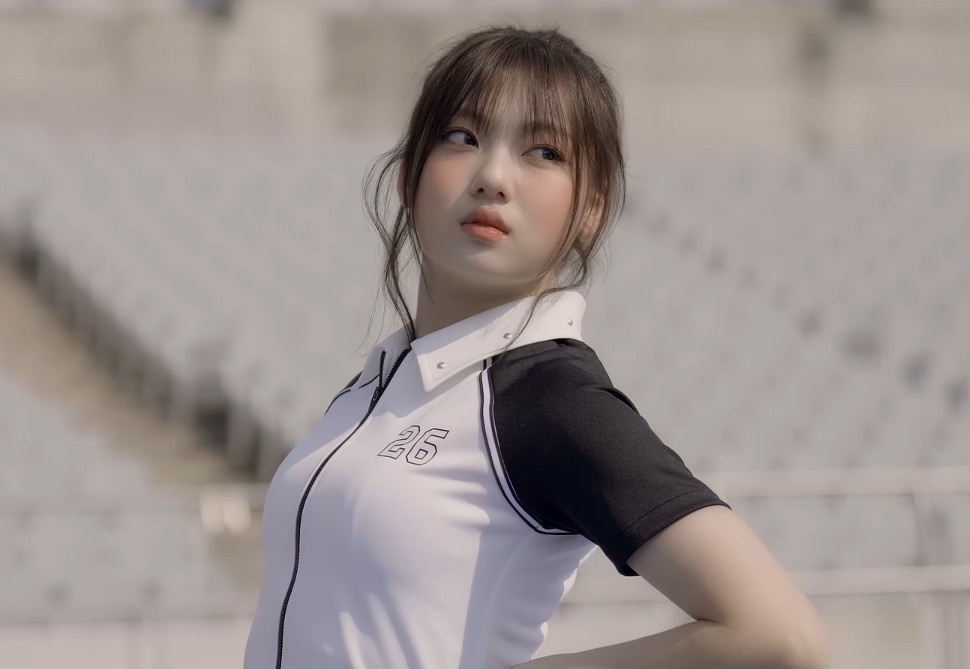
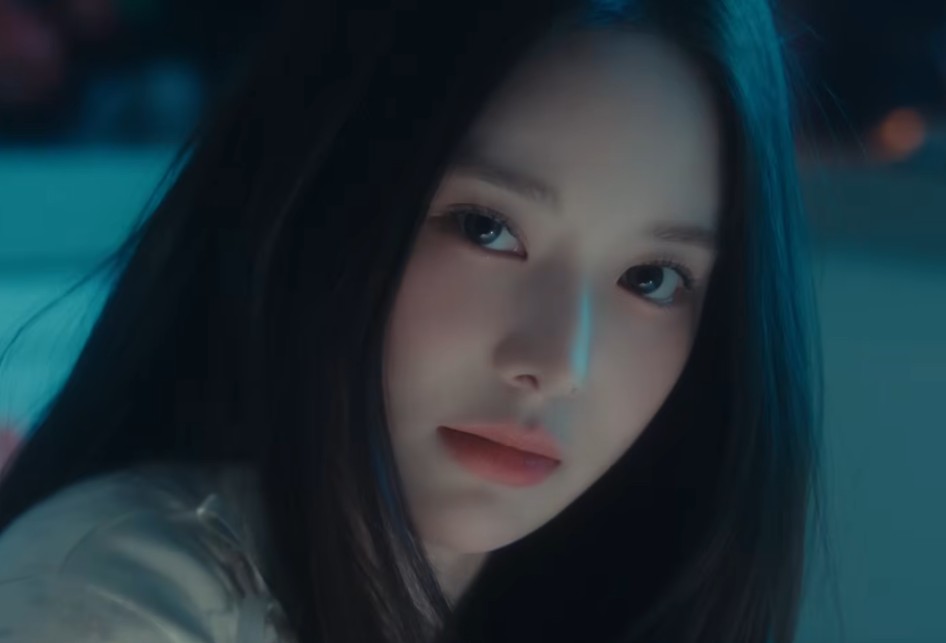

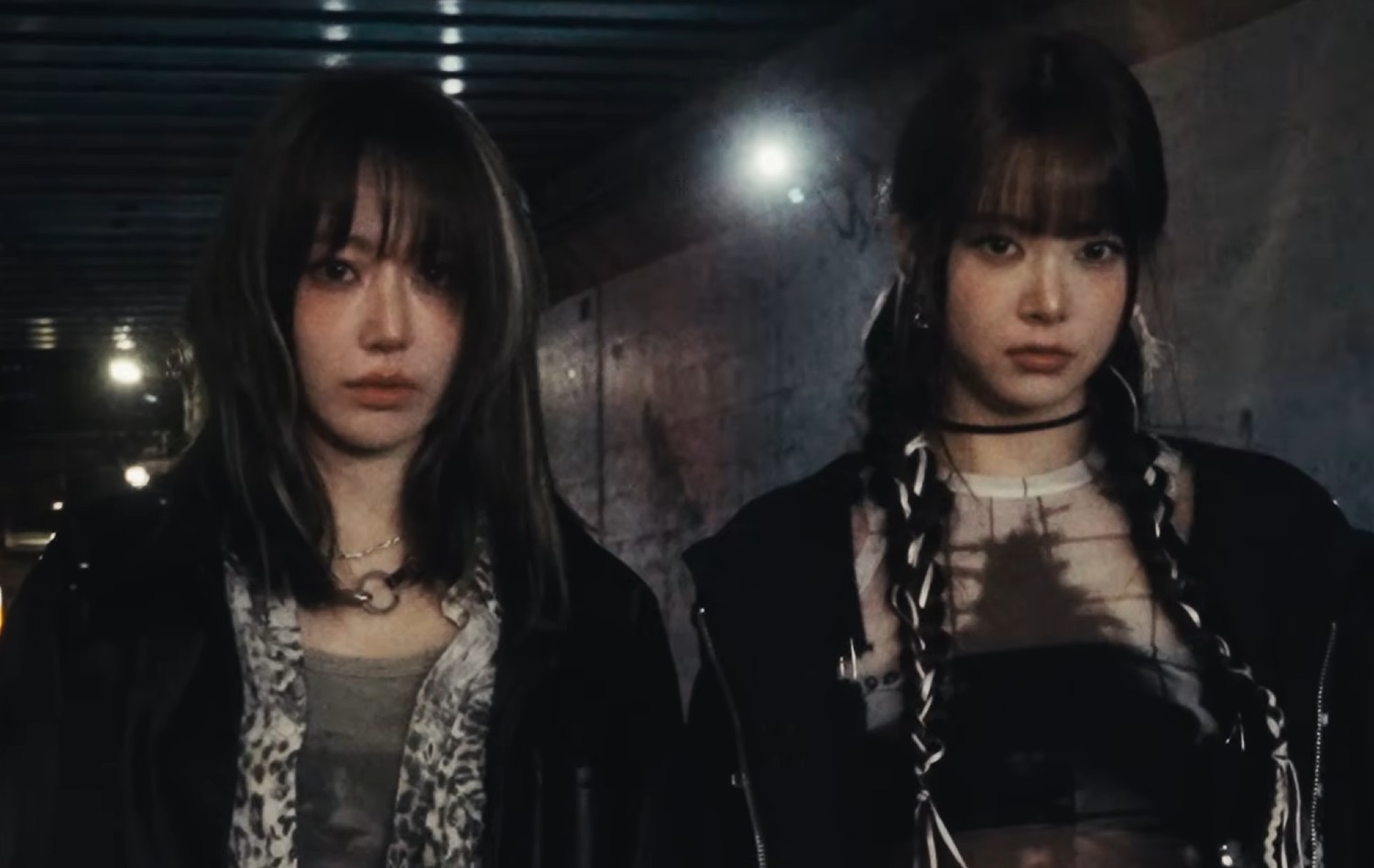

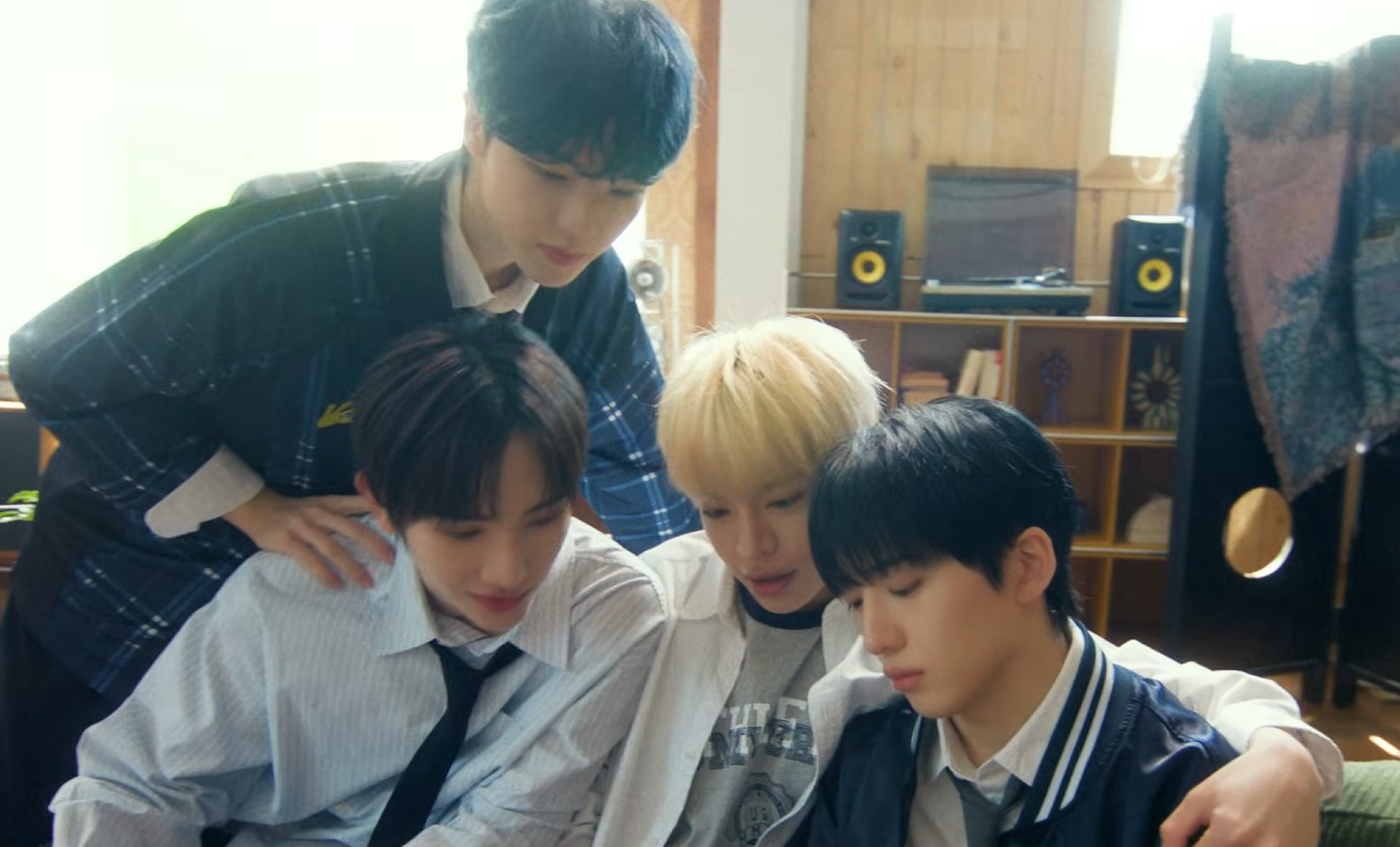
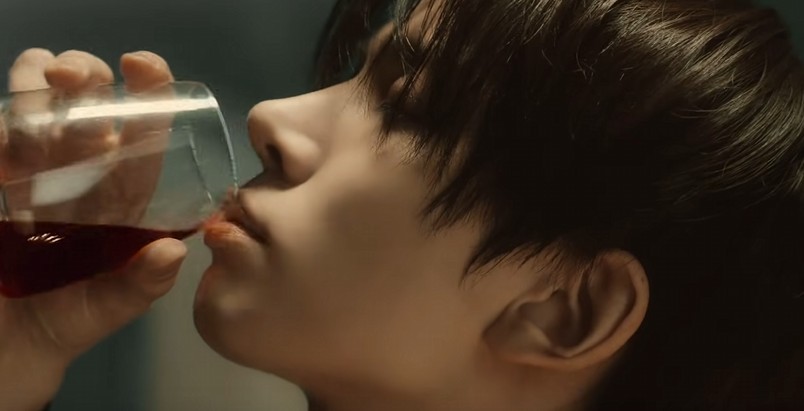
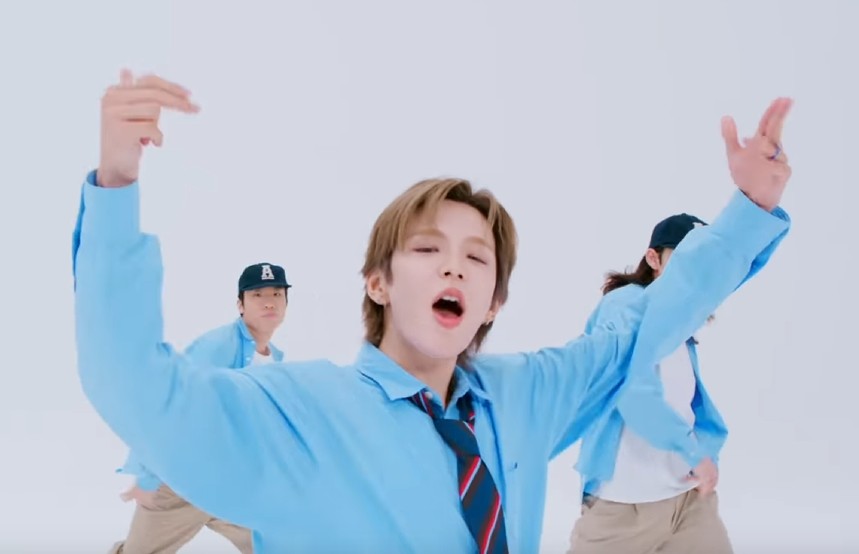

Leave a Reply